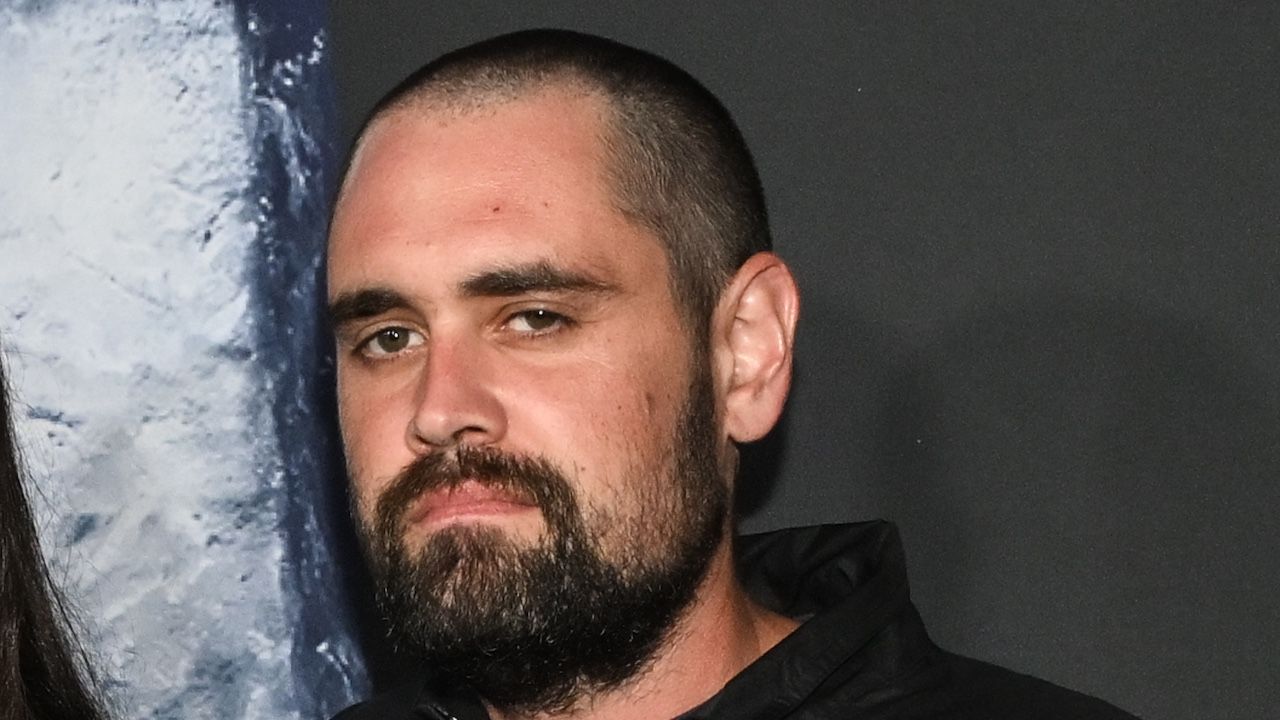Electric Last Mile Solutions CEO James Taylor wanted to separate his electric vehicle company by staying out of controversies that had engulfed many of his competitors.
“We have no lawsuits; no management issues, that we’re aware of; we’re delivering; we’re keeping our nose clean,” the former General Motors executive told CNBC in early November, calling the start-up’s approach “conservative” and “anti-climactic.”
Taylor was successful in doing so until last week, when he and Chairman Jason Luo, both cofounders of the company, resigned from their positions late Tuesday following an internal probe into some of their share purchases.
The resignations led to several analyst downgrades, causing ELMS shares to plummet by 53% last week, including a more than 50% drop on Wednesday. The stock is down another 17% so far this week to less than $2 a share.
ELMS’ problems are the latest for EV start-ups that went public though special purpose acquisition companies, or SPACs over the last year or two. Troubles at other companies have similarly led to executive outings as well as investigations by the Department of Justice and Securities and Exchange Commission.
“We’re in a place where the SEC and others have become deeply skeptical about SPACs,” said Priya Huskins, partner at Woodruff Sawyer, a consulting firm and a leading insurance broker in the SPAC market. “It is very unhelpful to SPAC world to have even a whiff of scandal, and self-dealing scandals are amongst the worst.”
After an unprecedented year of SPAC-backed IPOs, the market is getting crushed in the new year as speculative stocks with little-to-no earnings fall further out of favor in the face of rising interest rates.
The proprietary CNBC SPAC Post Deal Index, which is comprised of SPACs that have completed their mergers and taken their target companies public, tumbled 23% in January — even more abysmal than the tech-heavy Nasdaq’s 9% loss, its worst month since March 2020.
EV SPACs
SPACs are publicly traded companies that don’t have any real assets other than cash. They are formed as investment vehicles with the sole purpose of raising funds and then finding and merging with a privately held company.
It’s a faster way to take a company public than a traditional IPO but many have run into both financial and legal trouble following a crackdown last year by the SEC, led by Chairman Gary Gensler.
Gensler “is completely focused on disclosures and transparency to retail investors in a post de-SPAC M&A environment,” securities attorney Perrie M. Weiner, a partner at Baker McKenzie in Los Angeles, said in an email to CNBC.
The SEC declined to comment on whether it’s opened an investigation into ELMS. The company has not disclosed any investigation.
EV start-ups Nikola, Lordstown Motors, Canoo, Faraday Future Intelligent Electric, Fisker and Lucid Group all went public through SPAC deals over the last two years. All but two, Fisker and Faraday Future, have disclosed federal investigations. Nikola founder Trevor Milton is scheduled to go on trial April 4 in Manhattan for allegedly defrauding investors in that company’s IPO, among other things.
Other than Lucid, most have performed horribly for investors after receiving initial pops when their deals were announced or when the companies went public. All of their shares, including Lucid, have fallen by double-digits so far this year and are trading at or near 52 week lows recently.
“I think it’s going to be a challenge for all of them to scale up and be successful,” said Morningstar analyst David Whiston, who previously warned of an EV-SPAC bubble. “It wouldn’t surprise me that over the next decade or sooner, some of these firms either go away or get acquired.”
Faraday Future also announced a shakeup of its board last week, naming a new chairperson, cutting pay of two top executives and suspending at least one other. The actions followed an internal investigation that determined employees made inaccurate statements to investors about involvement of the company’s founder, Yueting “YT” Jia, and vehicle reservations.
ELMS
The resignations at ELMS are not believed to be a result of any illegal activity, according to several analysts who cover the company. But a public filing by ELMS to the SEC alludes to potentially wrong or misleading information about the purchases.
The Michigan-based start-up said in a securities filing that an internal investigation by a special committee of the board found that some executives, including Taylor and Luo, purchased equity at substantial discounts to market value without obtaining an independent valuation shortly before the company announced an agreement to go public in December 2020.
ELMS declined to comment much beyond its press release and the filing. In an email Monday to CNBC, a spokesperson said “the board accepted their resignations in the best interest of ELMS and its stockholders.”
While such purchases aren’t illegal, they must be properly disclosed and properly accounted for by those involved, Huskins said.
“You get the impression from the 8-K that there was a lack of transparency in what was going on,” Huskins said, citing a line in the filing that said executives gave responses to the committee that were “inconsistent” with the company’s own documents.
Huskins said that line “is the closest you’ll ever see in an 8-K to a company calling insiders liars.”
ELMS said it will have to restate its prior financial statements, warning investors that its quarterly earnings reports “should no longer be relied upon.”
Taylor and Luo will maintain consulting roles with ELMS; Taylor’s contract pays $300,000 a year. But they both had to give up millions of company shares. Taylor forfeited 1.8 million in shares valued at $3.3 million while Luo was forced to give up 6 million shares worth about $10 million.
Retaining the two, which one financial analyst called the “dynamic duo,” is likely because the ELMS Board believes losing them would harm the shareholders more than paying him a two-year consulting fee, Huskins said.
“It is surprising to see an ongoing consulting fee given what they said in the 8-K in the difference between Mr. Taylor’s responses and the documentation,” Huskins said.
Huskins said the transactions may draw the SEC’s attention, given the skepticism by federal regulators of SPACs. The boom-and-bust cycle of SPACs right now is reminiscent of the IPO boom of the 2000s, she said.
“We saw a huge bubble. We are seeing a correction. And over time, you’re going to see only the higher quality private companies make it into the public company world through SPACs,” she said. “For capital markets and for SPACs as a path to going public, it’s a good thing to see a little bit more skepticism by the market and by regulators.”
– CNBC’s Yun Li contributed to this report.





